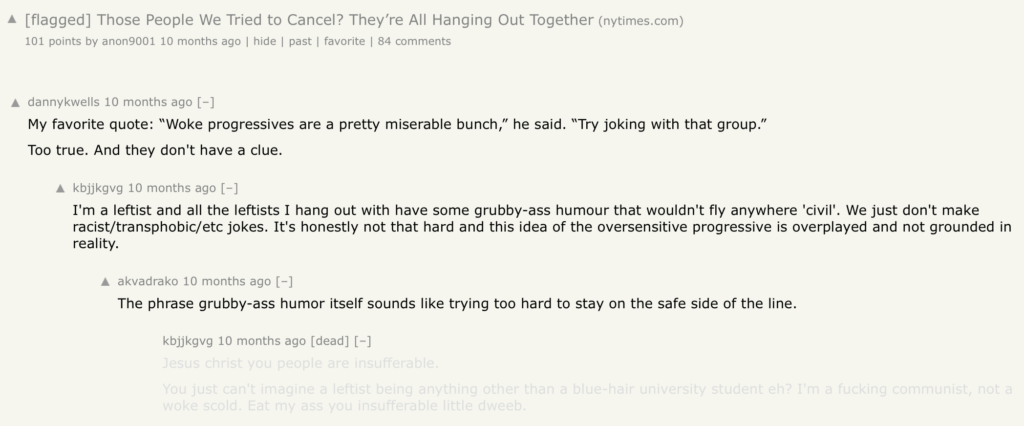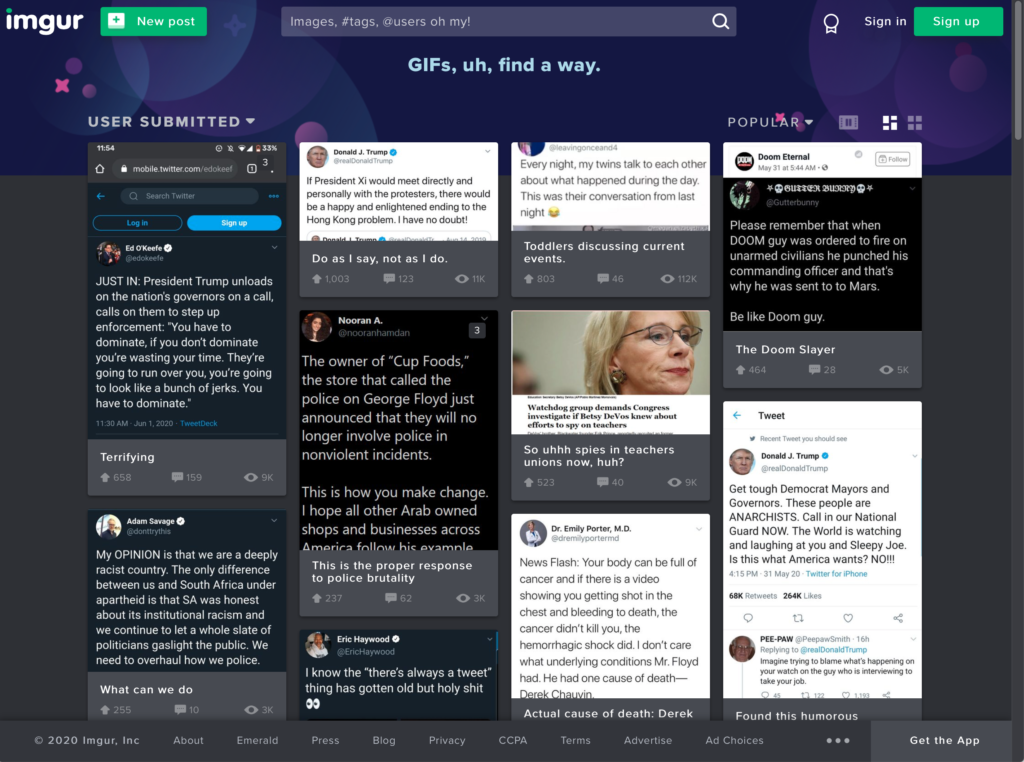I’ve tried to work with Twitter. I’ve tried pruning my follow list. I’ve tried blocking terrible people and muting terrible subjects. I’ve tried turning off retweets for people who, otherwise, had interesting things to say. But all of this is hopeless. Even the people who are left coming through in my feed only want to talk about the people and things I’m specifically trying to prevent coming through my feed.
Look, I get it. I do. The world is pretty messed up. But I don’t want to hear about the terribleness of everything all the time, and I really don’t want to see petty, stupid, ad-hominem attacks, literally non-stop. It may not seem like it, but I really do have better things to do than get dragged down the rabbit hole into yet another stupid and pointless argument that takes 72 tweets to make sense of, which changes nothing, and only leaves everyone more angry than when they started.
Not only will Twitter not give me the tools to prevent this, it feels like they’ve gone out of their way to make it seem like they do, while not actually doing so. The best change they could make is that if someone quotes or retweets someone I’ve blocked, or a keyword I’ve muted, I don’t want to see it. At all. Don’t show me a tweet with a quoted block that says, “This tweet has been hidden…” I don’t care about the tweet, nor do I care what someone else has to say about that tweet. To wit: I don’t want to see what Donald Trump tweets, and I REALLY don’t want to see what people say ABOUT those tweets. To me, that’s kind of the whole point of muting and blocking. And the fact that Twitter continues to shove stuff you’ve specifically said you don’t want to see in your face tells you a lot about their objectives.
<Andy Rooney>And another thing</Andy Rooney>, Twitter is supposed to be the people’s answer to traditional media. Why is it, then, that most of the substantive discussion on the service seems dominated by blue checkmarks from “print” and broadcast media outlets?
The even more-worrisome thing about this generally-acknowledged terrible situation is that these aren’t just little niggling details, or unfortunate side effects. This has all been specifically engineered to exacting standards. Like, hundreds of thousands of man-hours of meetings and coding — not to mention billions of investment capital — has been devoted to making this work precisely as it does. This is exactly what they want. How messed up is that? So, for (I think) the 14th time, I’m out. At least for now. I can’t find a way to live in peace while using the service any more.
For what it’s worth, the Bible predicted the general social trends that are happening right now, 2,000 years ago. Twitter (and Facebook, et. al.) is just another tool which accelerates the degeneration. But saying this on social media would, of course, immediately get me reviled. There was a time where the internet was cool, and interesting and respectful discussion about various topics could be had in many places. All of that is now gone. I know how to get it back, but the mechanics of how to do it will be left for another time.


